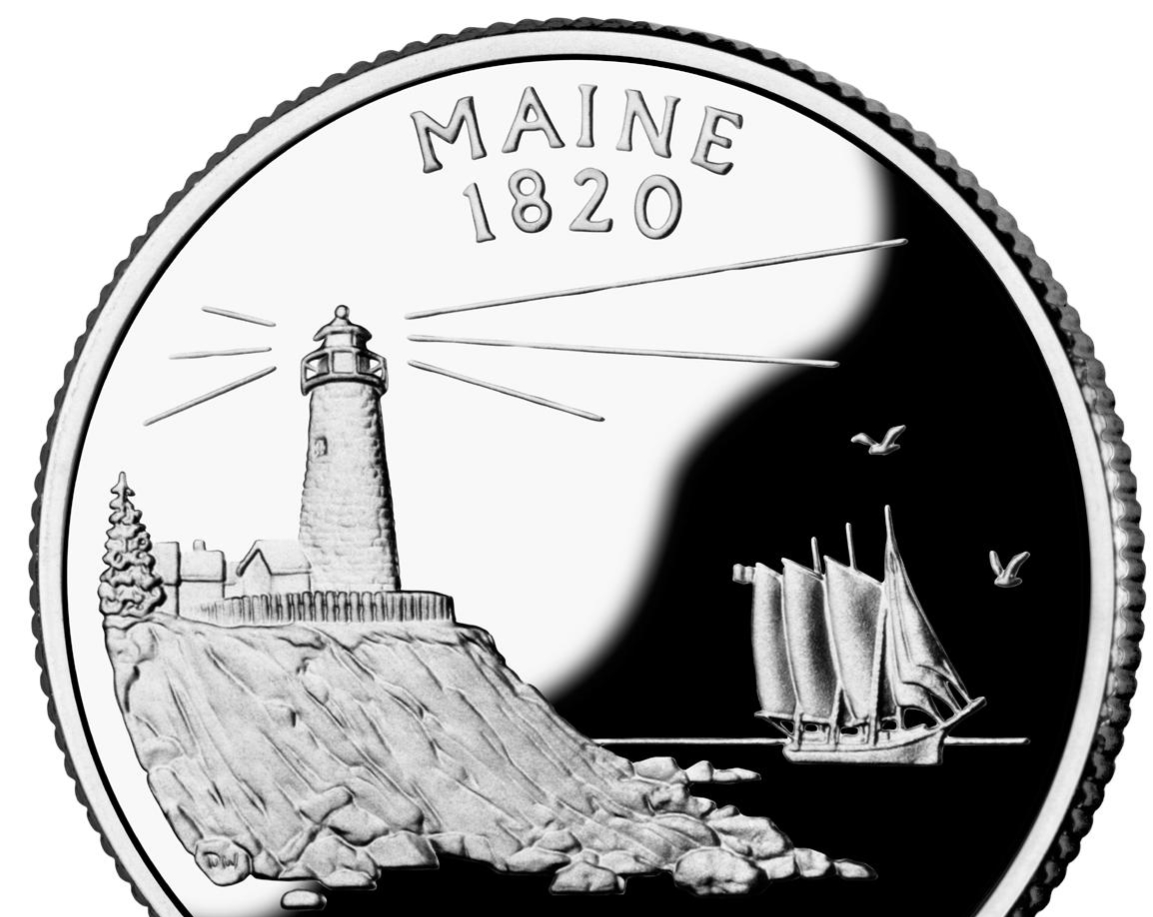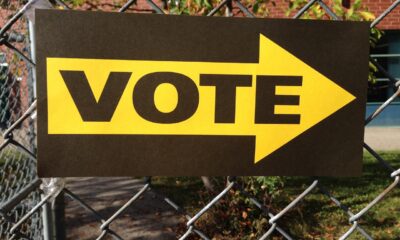Civilization
Ignore Maine: Abandon the National Popular Vote Compact

Maine used to hold a reputation as a bellwether state, partly because it once held its general elections months earlier than the rest of the country, and because national results often reflected those early outcomes reached by Maine voters.
Maine is a bad example today, not a bellwether
The phrase “As goes Maine, so goes the nation” lost its usefulness many decades ago, and state politics and voting trends have changed so drastically that much of what happens in the Pine Tree State today plainly should not be imitated. When it comes to election policy in particular, I urge other states to consider Maine the standard of what not to do. Look no further than its recent adoption of the National Popular Vote (NPV) compact.
The NPV movement seeks to eliminate the Electoral College in favor of a national popular vote where the candidate who earns the most votes nationwide is declared president. It was born out of the 2000 election of George Bush and gained additional steam following the 2016 presidential election when Donald Trump also won the Electoral College but did not win the popular vote nationwide.
NPV is predicated on the idea that it is fundamentally unfair when the Democratic presidential candidate receives the most nationwide but loses the Electoral College, and so the rules should be changed to prevent that outcome.
The shoe is squeezing the other foot
If the shoe were on the other foot and Democrats were winning the Electoral College but not the popular vote, the current NPV organization as we know it today wouldn’t exist. Just look at the map of states that have adopted the compact. They’re all solidly blue.
Crafting election policy based on your preferred outcomes – or what you perceive will benefit your tribe – is a dangerous path to traverse. Not only does this reduce faith among voters in the outcomes eventually reached on Election Day, but the pendulum always swings. What benefits one party today may be a disadvantage to them decades down the road.
We should all be able to agree that elections should be free, fair, open, and simple enough for everybody to participate in and understand. That’s exactly why the NPV compact is problematic.
The NPV compact doesn’t actually amend the Constitution to do away with the Electoral College. Instead, it seeks to circumvent the Constitution by having enough participating states comprising 270 Electoral College votes bind their votes to the candidate who wins the most votes nationwide. Any state that isn’t participating in the compact might as well not hold a presidential election because their Electoral College votes would never be enough to overturn the outcome reached by participating states, regardless of voters’ preferences.
Maine already allocates electors in a better way
If the compact does succeed, the fallout and legal challenges will be far greater than anything we saw after the 2000 or 2020 elections. Nobody will know who the president is likely to be for months, and the final outcome will no doubt be decided in court. Count me out.
Perhaps most troubling about this change in Maine is that the state already had the best system for allocating Electoral College votes – one that is worth replicating nationwide.
In 1972, Maine adopted a split-vote model where half of the state’s electors are awarded to the winner of the statewide popular vote, and the remaining votes are evenly distributed to the popular vote winners in the first and second congressional districts. Maine and Nebraska are the only states that use this method instead of a winner-take-all system based on the statewide popular vote results.
This is unquestionably the fairest and most representative way for a state to bind its electors. If states are looking for a change that gives their voters more voice and representation, they should be moving towards the split-vote model, not the NPV compact.
By adopting the compact, Maine became the 17th state to join the NPV movement. The compact now has enough participating states to equal 209 electoral votes and needs only 61 more votes to effectively render the Electoral College useless.
Let’s hope that day never comes.
This article was originally published by RealClearPolitics and made available via RealClearWire.
Jacob Posik is a Young Voices contributor and the director of legislative affairs at Maine Policy Institute, a free-market think tank in Portland, Maine.
-

 Accountability4 days ago
Accountability4 days agoWaste of the Day: Principal Bought Lobster with School Funds
-

 Civilization1 day ago
Civilization1 day agoWhy Europe Shouldn’t Be Upset at Trump’s Venezuelan Actions
-

 Executive2 days ago
Executive2 days agoHow Relaxed COVID-Era Rules Fueled Minnesota’s Biggest Scam
-

 Constitution3 days ago
Constitution3 days agoTrump, Canada, and the Constitutional Problem Beneath the Bridge
-

 Christianity Today1 day ago
Christianity Today1 day agoSurprising Revival: Gen Z Men & Highly Educated Lead Return to Religion
-

 Civilization2 days ago
Civilization2 days agoThe End of Purple States and Competitive Districts
-

 Executive2 days ago
Executive2 days agoWaste of the Day: Can You Hear Me Now?
-

 Civilization5 days ago
Civilization5 days agoThe Conundrum of President Donald J. Trump








